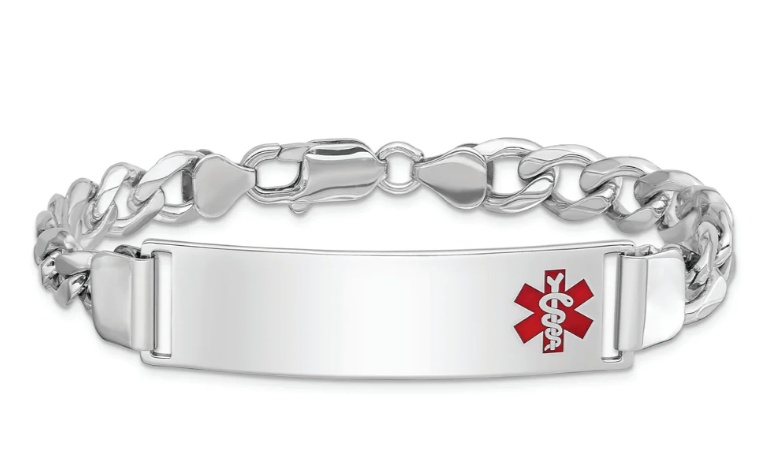Picture taking a bite of your favorite dish at a family gathering, a dish you’ve enjoyed countless times before. Suddenly, your joy turns to discomfort—a strange itching in your throat, an unexpected rash, or a bout of dizziness. This scenario, bewildering and frightening, is a reality for many adults who find themselves grappling with new allergies later in life. Such instances show the unpredictability of adult-onset allergies, transforming ordinary moments into critical wake-up calls, and turning everyday pleasures into potential hazards. As these allergies can become apparent, often without warning, it’s important to be able to diagnose the allergy and adapt diets accordingly. This look at the topic of adult-onset allergies highlights not just the challenges, but also the adaptability of individuals as they navigate an unexpected turn in their health.
Why Allergies Show Up in Adulthood
Why do allergies suddenly appear in adulthood, even if you’ve never had them before? It's a mix of factors, including changes in the environment, new exposures, and shifts in our immune system as we age. Sometimes, moving to a new area exposes us to different allergens, like pollen or foods, that our bodies react to. Our immune system can also change over time, making us more sensitive to substances we used to handle without any trouble. Stress, hormones, and even certain illnesses can play a role too, making our bodies react to things they previously ignored. Understanding these triggers can help us better manage and prevent unexpected allergic reactions as adults.
Diagnosis of Adult-Onset Allergies
Diagnosing allergies in adulthood is complex. Symptoms often mimic those of other conditions, making accurate identification challenging. Diagnostic tools such as skin prick tests, blood tests for specific IgE antibodies, elimination diets, and oral challenge tests are instrumental in confirming allergies. A detailed medical history and symptom tracking also play crucial roles in pinpointing the cause of allergic reactions.
Management Strategies
Once diagnosed, managing adult-onset allergies becomes a priority. Managing adult-onset allergies involves a few key strategies to keep symptoms at bay and prevent serious reactions:
- Medications: Over-the-counter antihistamines and prescription medications can relieve symptoms. In severe cases, corticosteroids may be prescribed.
- Immunotherapy: Allergy shots or tablets can gradually reduce your sensitivity to allergens, offering long-term relief.
- Lifestyle Changes: Avoid known allergens as much as possible. This might mean dietary adjustments or changes in your home environment to reduce exposure.
- Emergency Preparedness: Always carry emergency medication, such as epinephrine auto-injectors, if you're at risk of severe reactions. A medical ID bracelet can also inform others of your allergies in case you can't.
- Education: Learn as much as you can about your allergies and stay informed about new treatments or management techniques.
Living Well with Adult-Onset Allergies
Living well with allergies means adapting your lifestyle to minimize risk and manage symptoms. Dietary management is crucial for food allergies, involving vigilance in reading labels and communicating dietary restrictions when eating out. Environmental control measures, such as using allergen-proof bedding and air purifiers, can help reduce exposure to airborne allergens. Building a strong support network by educating family, friends, and coworkers about your allergies is also essential for creating a safe and supportive environment. Wearing a medical bracelet can provide peace of mind, ensuring your allergies are immediately known in any emergency.
Psychological Impact and Coping Mechanisms
Adjusting to life with allergies can be emotionally taxing. Feelings of frustration, anxiety, and isolation are common as individuals grapple with the limitations and risks that allergies impose. Seeking support from friends, family, or professional counselors can help manage these emotional challenges. Engaging in support groups, whether online or in person, offers the opportunity to connect with others facing similar struggles, providing a sense of community and shared understanding. Additionally, wearing a medical bracelet can also contribute to peace of mind, subtly easing some emotional burdens by ensuring critical medical information is always accessible.
Staying Informed and Proactive
Staying up to date is key when dealing with allergies, especially since new treatments and information are always coming out. It’s important to talk regularly with doctors to make sure you’re following the best advice for managing your allergies. Alongside other steps, wearing a medical ID bracelet is a simple but important way to keep safe. It quickly tells others about your allergies in case of an emergency. Also, looking at trusted health websites and joining groups for people with allergies can help you stay informed and ready to handle your condition in the best way possible.


No comments yet